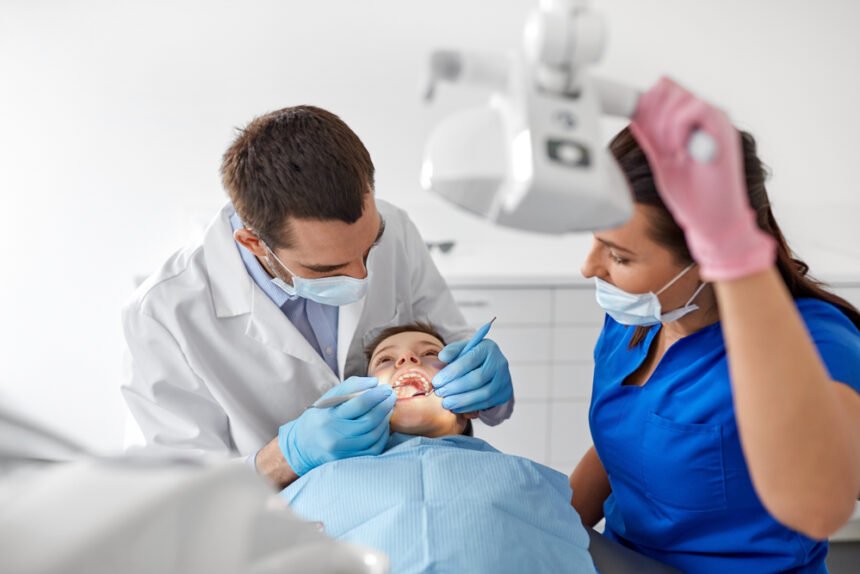Using the phrase “unprecedented times” doesn’t even come close to describing the last few months of the Coronavirus pandemic. The world has changed and certain businesses have been closed due to lack of revenue due to the lockdown. The tough truth is that there were plenty of businesses that were deemed unessential by the government. While many might think this is overstepping government/citizen boundaries, it is the reality of the situation. The dental community was ravaged as dental practices were ordered to stop seeing patience unless it was for an emergency procedure. According to Hamby Family Dental Center, a Fuquay family dentist an emergency is defined as “A dental emergency is defined as any trauma, a broken tooth, infection and swelling or pain experienced in the mouth.” The aspect that dental practices can take solace in is that the income will likely be replaced. Patients will still come in for cleanings and to have cavities filled, the pandemic has just delayed these by a few months.
Jobs Lost Due to COVID-19
There were around a half of a million jobs lost in the dental sector. Out of all healthcare fields, dental workers saw job loss at a much higher rate than any other specialty. Jobs have bounced back as restrictions have been lifted and dental practices can see patients for more than emergency procedures. The peace of mind that many in the dental community once had due to their job security has been ravaged by this unforeseen situation. Dental practices are going to be taking extra safety precautions though by taking out chairs in the waiting room. A number of practices will require masks until the patient sees the dentist or dental hygienist.
Hygiene Revenue Will be Lost
The tough aspect of revenue that cannot be reclaimed is that of missed hygiene appointments. Doubling up a hygiene appointment will not do much and there are still people worried about going out into public. Hygienists are likely to be overwhelmed during the first few weeks in areas that have just lifted the lockdown. Adding to the hours of operation for a practice is commonly done until appointments are caught up on.
Decayed Teeth Could Require More Expensive Procedures
There could be people that might have had an appointment for a cracked or decaying tooth that would rather stay home during this time. A tooth that is decaying is only going to get worse leading to a possible crown or root canal being required. Encouraging patients to stay on top of their dental health has to be done with tact as brushing off concerns of patients can seem pushy.
Practices were Safer than Other Businesses
The large majority of costs have to do with labor in the dental industry. Supplies and lab work do not cost anything when there are no patients coming through the doors. Wages and rent make up for the largest costs which led a number of practices to lay off employees or furlough them. Government programs also assist in keeping dental offices open and can loan money in case of financial peril. Banks are also willing to work with dental practices that have accrued a staggering about of debt.
What Will Happen During the Current Recession?
The recessions of 2008 taught the dental industry quite a bit as there were only small drops in earnings if any for most practices. The impact will be felt differently in certain areas though as the virus is still alive and well in certain areas while it is waning in others. Pricing during a recession can be tricky as rates were as high as they have been prior to the pandemic. The oversupply of dentists in certain areas can lead to prices being driven down due to competition. Areas that have very few dentists and a low population can get into pricing wars in order to offer the most affordable procedures possible.
The dental industry is extremely resilient and only a global pandemic could derail dental professionals. The recovery of the dental industry is well underway with more and more patients becoming comfortable to go to the dentist. Assessing how COVID-19 impacted the industry long-term has yet to be seen but it is important to keep an eye out.

